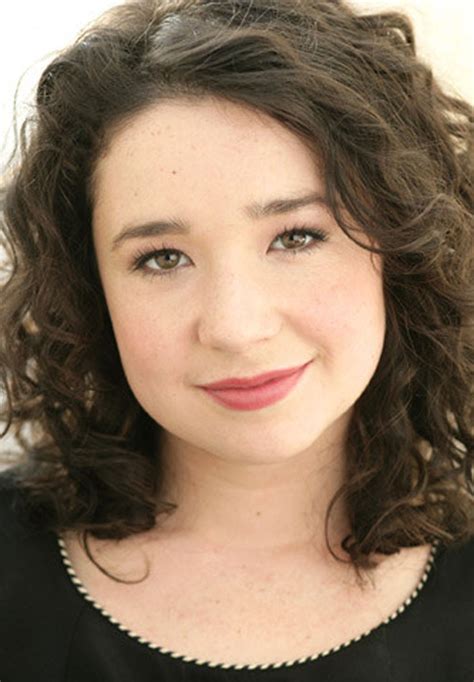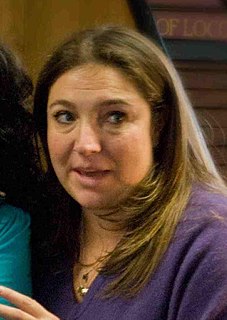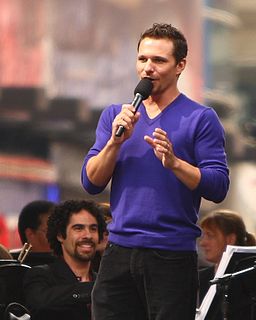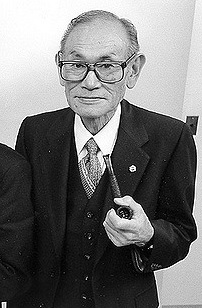A Quote by Timothy Carey
Parents typically don't talk to each other about their goals and attitudes to parenting but this type of conversation could be very useful for helping parents become clearer about the things that are important to them.
Related Quotes
I've tried really hard to care about things that were very different from my parents. I was curious if I could care about [money] on some fundamental level, and I couldn't. That wasn't the metric of success I wanted in my life. I've talked about this to my friends who are doctors and whose parents are doctors, or who are lawyers and their parents are lawyers. It's a funny thing to realize I feel called to this work both as a daughter and also as someone who believes I have contributions to make.
Before the war, my parents were very proud people. They'd always talk about Japan and also about the samurai and things like that. Right after Pearl Harbor, they were just real quiet. They kept to themselves; they were afraid to talk about what could happen. I assume they knew that nothing good would come out of it.
Obviously there are many, many ways of being an outsider, but having immigrant parents is one of them. For one thing, it makes you a translator: there are all kinds of things that American parents know about life in America ,and about being a kid in America, that non-American parents don't know, and in many cases it falls on the kid to tell them, and also to field questions from Americans about their parents' native country.
The first idea of Captain Fantastic was a pretty radically different one. The genesis had to do with parenting and questions about parenthood and fatherhood specifically. I have two kids and I was grappling with what my values were and what I wanted to pass to my children. So I was positing different kinds of parents and different ways of parenting. I played with various ideas - very permissive parenting, very restrictive parenting and then I came up with the character of Viggo Mortensen, and much of it was aspirational, some of it was autobiographical.
What parents teach is themselves, as models of what is human - by their moods, their reactions, their facial expressions and actions. These are the real things parents need to be aware of, and of how they affect their children. Allow them to know you, and it might become easier for them to learn about themselves.
Once parents have a clear idea of their important parenting goals, beliefs, and values, they can then think about specific situations and identify the outcomes they would like to achieve in these situations. How can you be the parent you want to be whether or not your children are behaving as you would prefer?
You realize how much the relationship when kids are young can suffer. And it's important to make sure that you are able to spend some time with each other. As a father, the best thing you can do for the kid is to love the mom. Even as a parent, I believe that loving the mother is the most important thing. And even parents who maybe aren't together I think that's important for them as well to respect each other and to be kind to each other, because I think it does so much in who they would pick to be around, or how they feel about themselves.

































